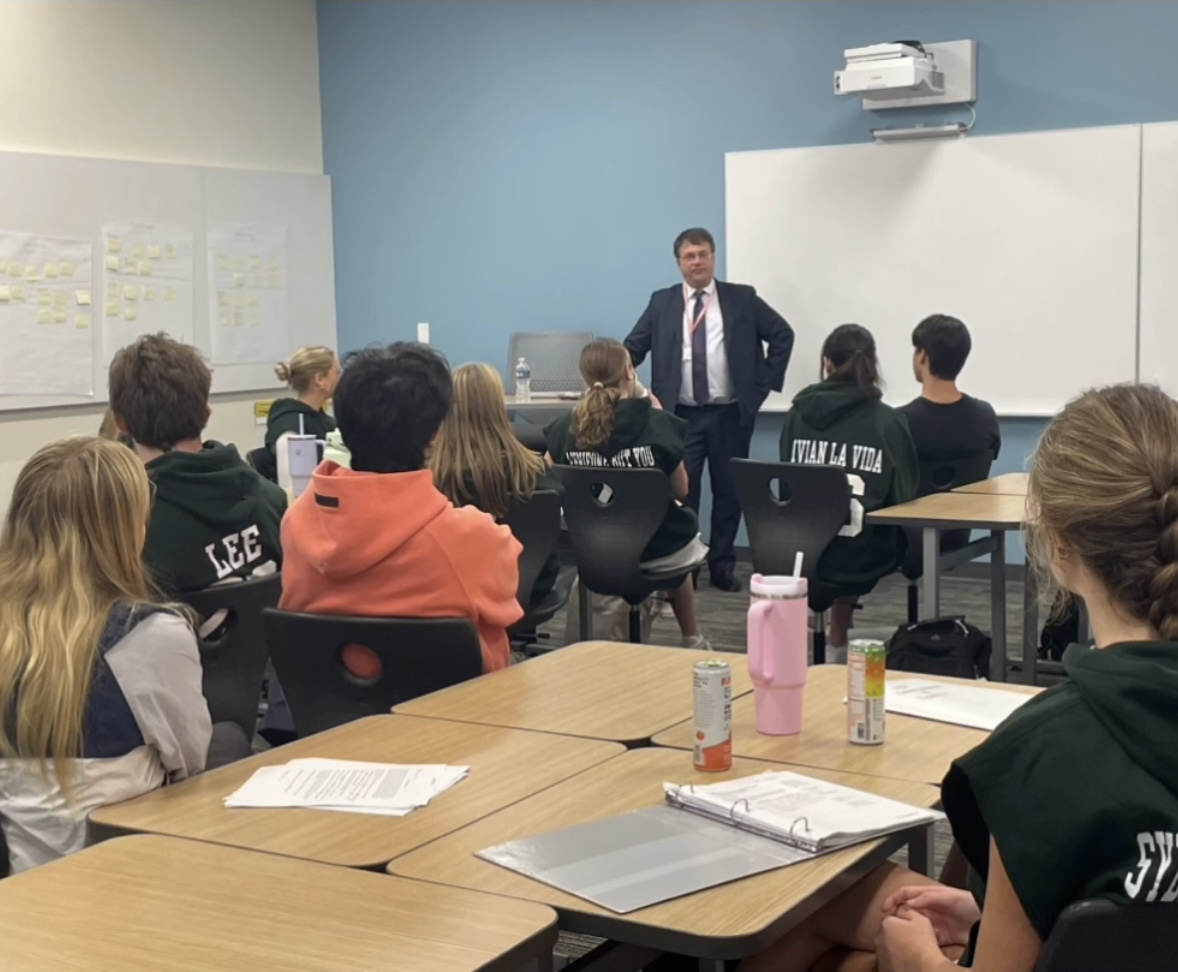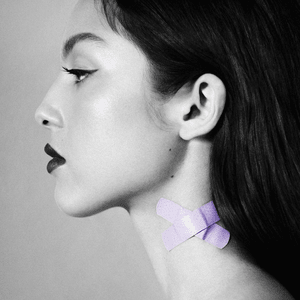Each person has a personal music taste in the genres and artists they enjoy. For music that connects with a broad audience, what makes those songs stand out is not the vocals or instruments included, but the shared message.
That element is what I painstakingly looked out for when I searched for which song should win the Grammy Award for Record of the Year on Sunday, Feb. 4, 2024.
The Recording Academy, which puts on the annual Grammy Awards, chose eight nominees this year for Record of the Year: Taylor Swift for “Anti-Hero,” Miley Cyrus for “Flowers,” SZA for “Kill Bill,” Boygenius for “Not Strong Enough,” Victoria Monet for “On My Mama,” Olivia Rodrigo for “Vampire,” Billie Eilish for “What Was I Made For?” and Jon Batiste for “Worship.” The award also goes to the producers, sound engineers, mixers, and songwriters who contributed to the song’s production.
In the end, “Vampire” came out on top in my personal rankings, with an honorable mention for “What Was I Made For?” and “Anti-Hero.”
Olivia Rodrigo is known for winning the Grammy Award for Best New Artist two years ago after she released her first studio album, “Sour.” Now, as she heads to the Grammy Awards for a second round of nominations, “Vampire” can do what “drivers license” could not: win Record of the Year.
From the onset, “Vampire” touches on what people want: a calm, mystical world without stress. That warm, instrumental serenade then introduces us to Rodrigo’s vocals. From there, we stick with “Vampire” and Rodrigo as she opens up about the truth of human nature.
On three occasions in “Vampire,” Rodrigo mentions that she made “some real big mistakes.” That is when she introduces the vampire metaphor – we may love somebody, but deep down, they may take advantage of us. Similarly, a vampire may appear normal, but they only come close to people to suck our blood. That can apply to anyone we know, whether family, friends, or acquaintances.
What makes “Vampire” special is how Rodrigo invokes the conscious and unconscious mind through the vampire metaphor. She creates a strong narrative on how people categorize positive experiences from negative experiences. That causes us to look away from the negative experiences and not come to terms with them. We just focus on the positive. That is easier said than done, as darkness and sadness do not dissipate without acknowledgment.
That is why, when Rodrigo says, “You only come out at night,” “Vampire” becomes so meaningful. She makes us more conscious of our unconscious. She puts the darkness–the vampire–at the forefront of our consciousness and uses her platform to show us that we should confront the experiences that put us down.
That power to connect with a young audience and invoke the teenage experience spreads across her work, not just “Vampire.”
In 2022, Rodrigo won the Grammy Award for Best Pop Solo Performance for “drivers license.” She shares that she went through heartbreak when she earned her license at 17, writing, “Red lights, stop signs / I still see your face in the white cars, front yards.” For many, getting their license is a momentous occasion, but for Rodrigo, the only topic on her mind was that of her former love.
People have a lot happening at any given time, and Rodrigo shows us that is okay across her music portfolio.
In an interview with WIRED, she said she enjoys writing and listening to sad music because when music captures how you feel, you understand your emotions more.
Rodrigo puts her audience into a position where they are face-to-face with themselves. That forces them to uncover how to become the better version of themselves. That is what makes “Vampire” a masterpiece.
Scratch that—masterpiece and Record of the Year.








































